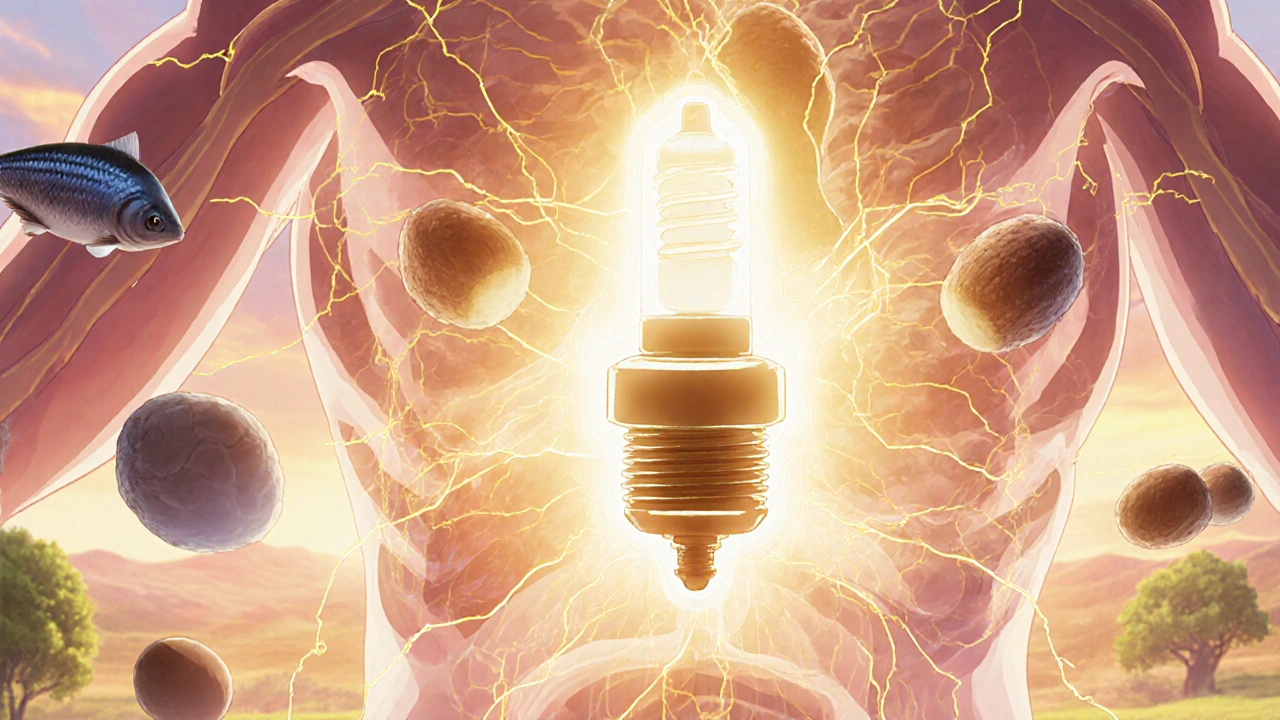Selenium Dosage: How Much You Really Need and What Happens If You Get It Wrong
When you take selenium, a trace mineral essential for thyroid function, immune response, and antioxidant defense. Also known as Se, it's not a vitamin you can just pile on because it sounds healthy. Most people get enough from food—Brazil nuts, seafood, eggs, and whole grains—but if you’re on a restrictive diet, have gut issues, or live in a low-selenium region, you might need more.
Here’s the thing: selenium deficiency, a condition linked to weakened immunity and thyroid dysfunction is rare in most developed countries, but it’s real. People with Crohn’s disease, those on long-term IV nutrition, or living in parts of China with selenium-poor soil can develop it. Symptoms include fatigue, brain fog, muscle weakness, and worse thyroid control. On the flip side, selenium toxicity, caused by taking too much supplement over time isn’t just a myth—it’s documented. Over 400 micrograms daily for weeks can cause hair loss, nausea, brittle nails, and nerve damage. The safe upper limit? 400 mcg for adults. Most supplements give you 100–200 mcg. That’s plenty if you’re not eating Brazil nuts daily.
selenium and thyroid, a close relationship where selenium helps convert thyroid hormone into its active form is one of the most studied connections. If you have Hashimoto’s or Graves’ disease, your doctor might suggest low-dose selenium to reduce antibodies—but only if you’re deficient. Taking extra when you’re not deficient won’t help and might hurt. The same goes for heart health or cancer prevention. Big studies have shown no benefit from high-dose selenium supplements in people with normal levels. In fact, some found higher diabetes risk with long-term high doses.
So what’s the right dose? For most adults, 55 micrograms a day is the recommended amount. Pregnant women need 60 mcg, breastfeeding moms 70 mcg. If you’re taking a supplement, check the label. A single Brazil nut can give you 68–91 mcg—so eat one or two, not a handful. Don’t combine multiple supplements that all contain selenium. That’s how people accidentally overdose.
The posts below cover real cases and science-backed advice: how selenium interacts with thyroid meds, what happens when you mix it with blood thinners, why some people feel worse on supplements, and how to test your levels without overpaying. No fluff. Just what works—and what doesn’t—based on actual patient experiences and clinical data.

